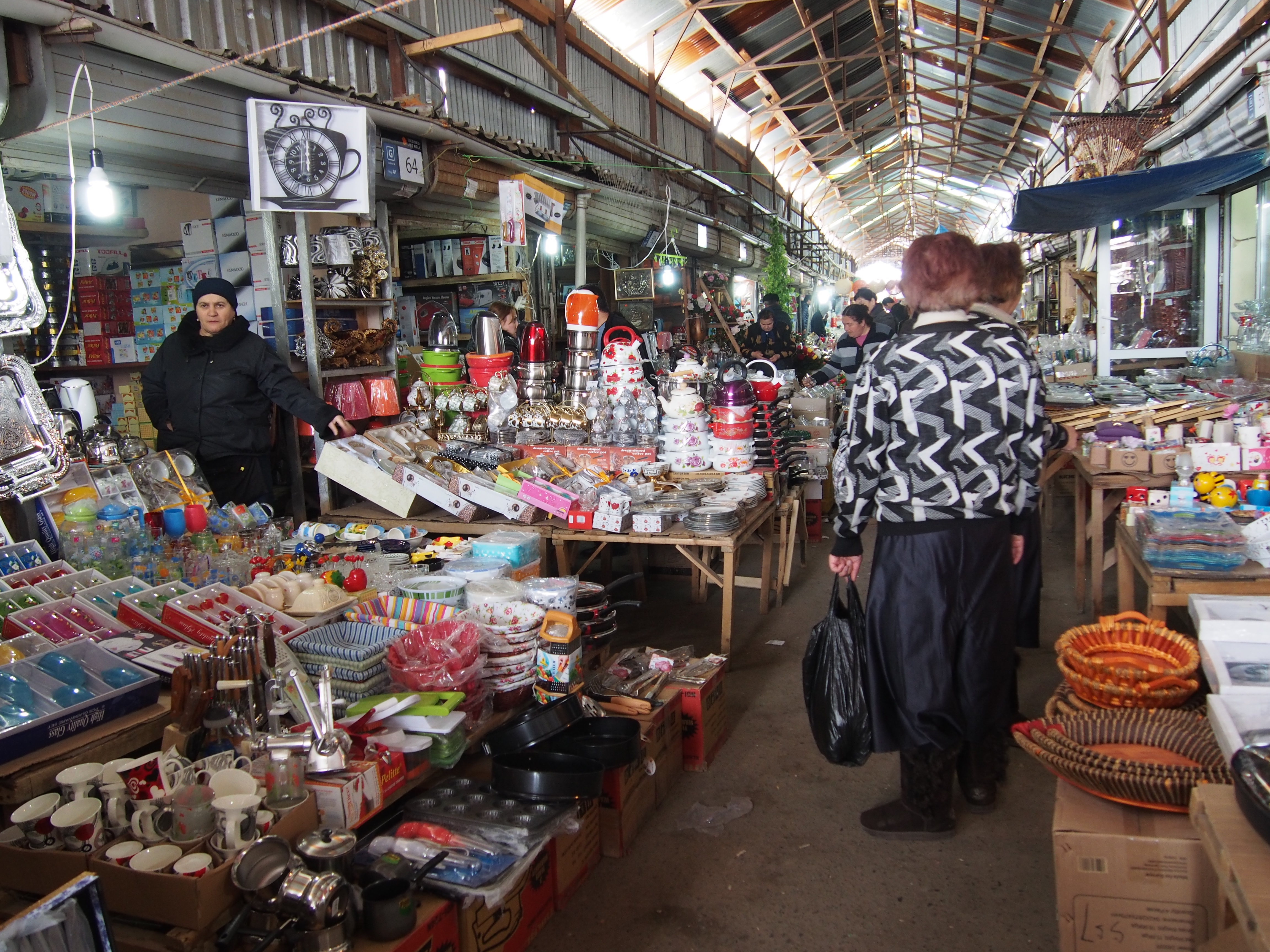Debt Relations in Georgian Bazaars
A Creditors’ Perspective on Risky Engagements
DOI:
https://doi.org/10.5617/jea.9466Keywords:
Caucasus, Informality, Microfinance, Georgia, Bazaar, Debts, LoansAbstract
This article is about practices of borrowing and lending money in the context of Georgian bazaar trade. While many anthropological studies focus on debtors or individual moneylenders, this article starts from the perspective of microcredit experts, who grant loans to traders on behalf of their companies and thereby engage in complex relationships. Borrowing money from a microcredit institution consists of an administrative act, which is sealed by formal procedures such as signing a contract, but the bazaar is a sphere that is, at least partially, structured by informal practices and personal relationships. To make a profit, microcredit experts must play a risky and sometimes existential game. They must decide whether to trust or not to trust a client. In order to assess and minimize risk, they immerse themselves into the world of their clients and rely on social values and moralities. This article describes their strategies and thus gives insights into the nature of debts, obligations, relationships, institutional frameworks, and informal practices in the context of microfinance in the Georgian bazaar trade sector.

Downloads
Published
Issue
Section
License
Copyright (c) 2022 Susanne Fehlings

This work is licensed under a Creative Commons Attribution-NonCommercial-NoDerivatives 4.0 International License.
Authors retain copyright and grant the journal right of first publication with the work simultaneously licensed under a https://creativecommons.org/licenses/by-nc-nd/4.0/
that allows others to share the work with an acknowledgement of the work's authorship and initial publication in this journal, for non-commercial purpose, no derivatives are permitted. (Please not that this license has been used since 1.10.2018 and will be used in the future. Articles published between 1.1.2017-and 30.9.2018 are licensed under CC BY license: https://creativecommons.org/licenses/by/3.0/) Authors are able to enter into separate, additional contractual arrangements for the non-exclusive distribution of the journal's published version of the work (e.g., post it to an institutional repository or publish it in a book), with an acknowledgement of its initial publication in this journal. Authors are permitted and encouraged to post their work online (e.g., in institutional repositories or on their website) prior to and during the submission process, as it can lead to productive exchanges, as well as earlier and greater citation of published work (See The Effect of Open Access).


